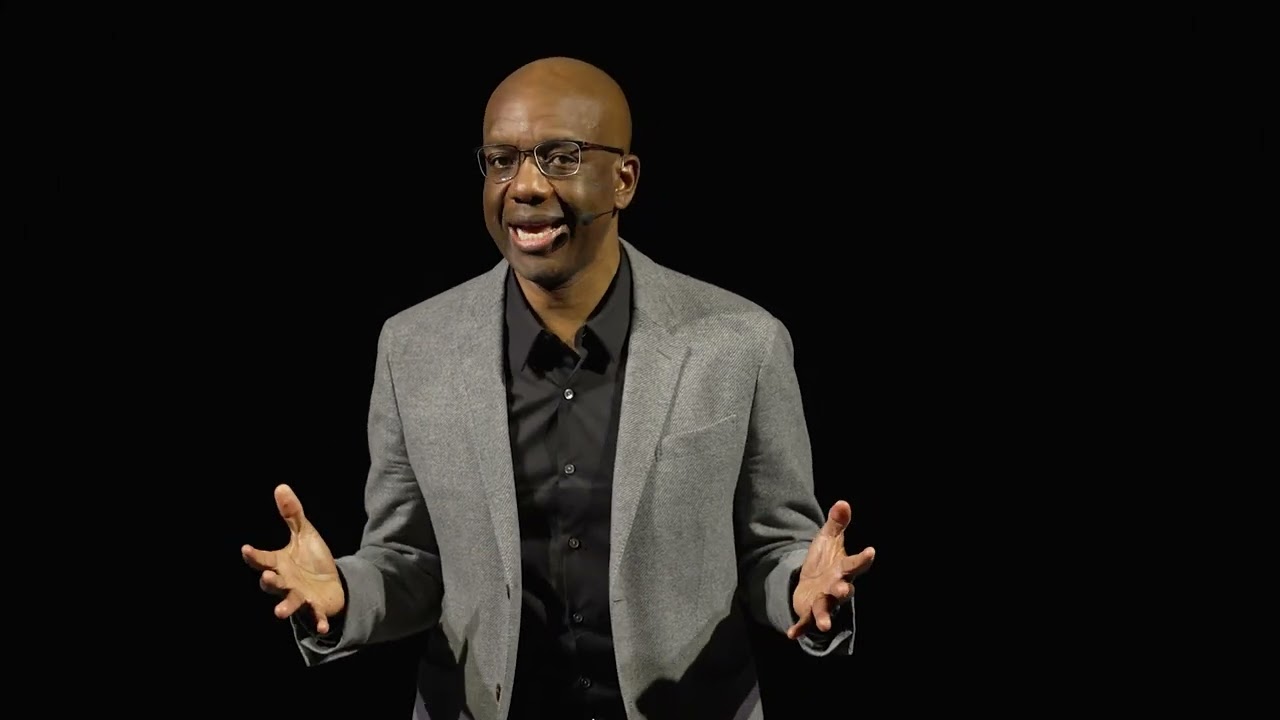The video explores the transformative role of artificial intelligence (AI) in scientific research, highlighting its ability to accelerate discovery, democratize access, and solve complex problems across various fields, such as protein folding and neuroscience. It emphasizes the importance of collaboration among scientists and ethicists to ensure responsible AI use while looking forward to future advancements that can benefit society.
The video discusses the transformative impact of artificial intelligence (AI) on scientific research, highlighting its historical roots and recent advancements. It emphasizes that AI is not intended to replace scientists but rather to serve as a powerful tool that enhances their capabilities. The speaker references early AI pioneers like Alan Turing and Christopher L. Higgins, as well as contemporary achievements by teams at Google DeepMind, particularly in solving complex scientific problems such as protein folding, which recently earned a Nobel Prize in Chemistry.
AI’s ability to accelerate scientific discovery is a key theme, with the speaker noting that it can condense extensive research timelines, allowing scientists to explore multiple avenues simultaneously. This capability not only speeds up research but also democratizes access to scientific inquiry, enabling a broader range of researchers to contribute to advancements. The speaker provides examples of AI’s impact, such as AlphaFold’s ability to predict the structures of over 200 million proteins and its application in various fields, including drug resistance and neglected diseases.
The video also highlights significant breakthroughs in neuroscience, where AI has facilitated nanoscale mapping of the human brain, revealing new structures that could enhance our understanding of neurological diseases. In climate science, AI has improved atmospheric modeling, allowing for more accurate simulations and forecasts. The speaker mentions the collaboration between AI and quantum research, which is beginning to yield insights into complex theories like quantum gravity.
In addition to these scientific advancements, the speaker discusses practical applications of AI in addressing real-world challenges, such as climate change and healthcare. For instance, AI has been utilized to predict riverine floods, providing early warnings to millions of people, and to develop screening tools for diabetic retinopathy, significantly impacting public health in low-resource settings. These examples illustrate AI’s potential to deliver tangible benefits to society.
Looking ahead, the speaker identifies three key areas for future focus: improving AI’s capabilities, maintaining a commitment to the scientific method, and ensuring that AI research tools are accessible to a wider audience. The importance of collaboration among scientists, ethicists, and safety experts is emphasized to address potential risks associated with AI in science. The speaker expresses excitement about the future of AI in scientific discovery and the collaborative efforts that can enhance research and benefit humanity.
